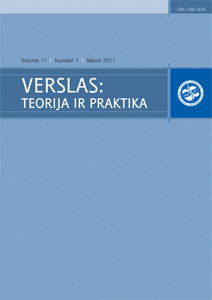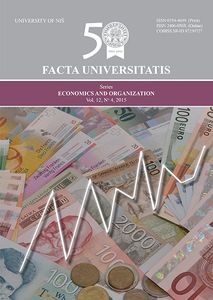NEW ORGANIZATIONAL FORMS SUPPORTED BY THE INFORMATION AND COMMUNICATION TECHNOLOGY: THE CASE OF SERBIAN ICT INDUSTRY
In today’s business environment which is constantly changing, organizations are faced with the imperative to build their competitive advantage through reshaping existing resources and capabilities and through creating new ones. Therefore, organizational design has been imposed as an important factor in the business success of the modern company. There are many examples that traditional organizational forms have experienced transformation: they have moved from organizational forms toward new organizational forms. It has also turned out that the basic support for this transition was the introduction of the information and communication technology (ICT) in companies’ operations. Consequently, ICT companies, as the most advanced companies, have become the leaders in introducing the new organizational forms in their functioning and facilitate introduction of new organizational forms in other organizations. In this sense, the aim of this paper is to present new organizational forms based on ICT and, on the example of the ICT industry in Serbia, to show how ICT supports their implementation. Special attention will be put on the advantages which new organization forms generate in terms of flexibility and integration of creative potentials, but some disadvantages will be analyzed as well.
More...

